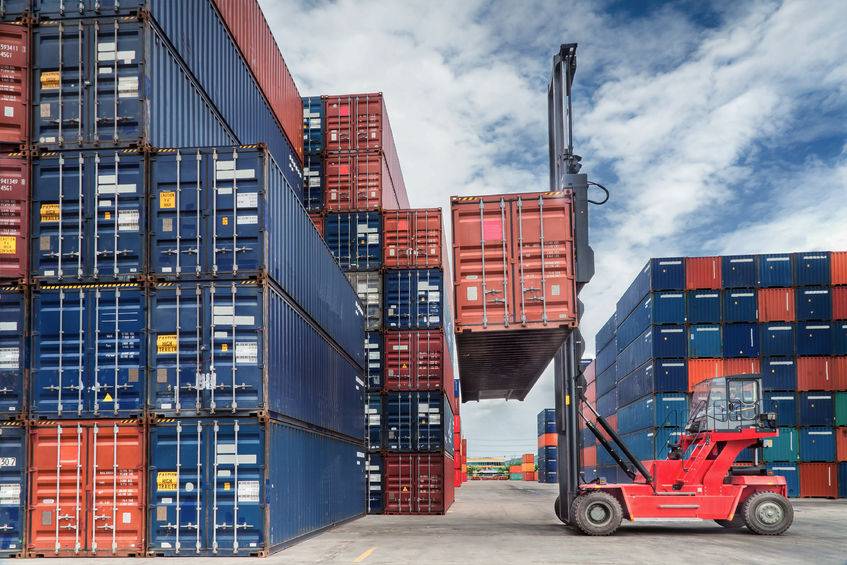
Post-Brexit trade barriers threaten to disrupt food trade with the EU and increase costs for consumers, according to a new report from the House of Lords.
Thirty per cent of food eaten in the UK currently comes from the EU, and being part of the EU customs union has meant food from the EU can be imported with no tariffs or customs barriers.
But a new report by the House of Lords’ EU Energy and Environment Sub-Committee said consumers may have to bear the brunt if tariffs are imposed.
Whilst the UK Government hopes to negotiate a trade agreement to allow tariff-free and ‘frictionless’ imports of food to continue, the report says that this is not a guaranteed outcome.
The Committee found that even in the ‘best case scenario’, with no tariffs and few customs barriers, international rules would oblige the UK to conduct more customs and borders checks than is currently the case.
If an agreement cannot be negotiated by the time the UK leaves the EU the increase in tariffs could lead to significant price rises for consumers, whilst the additional customs workload could choke the UK’s ports and airports and significantly disrupt food deliveries.
In addition to the 30% of food that the UK imports from the EU, another 11% of food comes from non-EU countries as part of EU trade agreements.
Forty such agreements are in place, covering 56 different countries. The Committee is calling on the Government to urgently seek agreement with these countries that the status quo can be maintained during the transition period.
It also calls for the government to undertake negotiations to maintain this aspect of the UK’s food supply post-December 2020.
Self-sufficiency
The Committee found that EU food imports could not easily be replaced by either producing more in the UK or importing more from non-EU countries.
UK self-sufficiency has been declining for the past 30 years, and could not quickly be reversed, the Committee said.
In 2014, then-NFU President Meurig Raymond said Britain would run out of food if it relied only on home-grown produce.
"The UK’s climate will always limit the range of produce which can be grown here, which is why imported produce is such a key component to the nation’s healthy eating habits and meets the expectations of our diverse population," Mr Raymond said.
And whilst the UK looks to make trade with the world after it leaves the EU, Defra's Farming Minister George Eustice downplayed the scale of new post-Brexit trade deals when he appeared before the Committee.
The report also highlights how Brexit may have a particular impact on those on lower incomes. With one in five households already experiencing, or on the margins of, food insecurity, any increase in food prices could see more people struggle to afford adequate, nutritious food.
The drive to eat more fruit and vegetables could also become more expensive, with 40% of vegetables and 37% of fruit sold in the UK coming from the EU.
'Industry concerns'
Lord Teverson, Chairman of the EU Energy and Environment Sub-Committee, said farmers and the wider industry have been vocal of their concerns.
“Throughout our inquiry there was a striking contrast between Government confidence and industry concerns,” Lord Teverson said.
“They have said they want to maintain high food standards but also that they would be willing to have minimal customs checks to avoid disruption at borders. They have said they want UK food and farming to be exemplars of high-quality production but also that they will seek trade deals that secure lower prices for consumers.
“We are calling on the Government to set out what checks they do intend to carry out on food imports, to allow the food industry and customs authorities time to prepare and to reassure consumers that standards will be upheld.
Lord Teverson added: “We would urge the Government to consider the impact that Brexit may have on food inequality in the UK: will we have a situation where high quality, local produce is available for those who can afford it, with cheaper food imported for those on lower incomes? The UK needs a comprehensive food policy, to tackle these complex issues, and we urge the Government to produce one with some urgency.”
